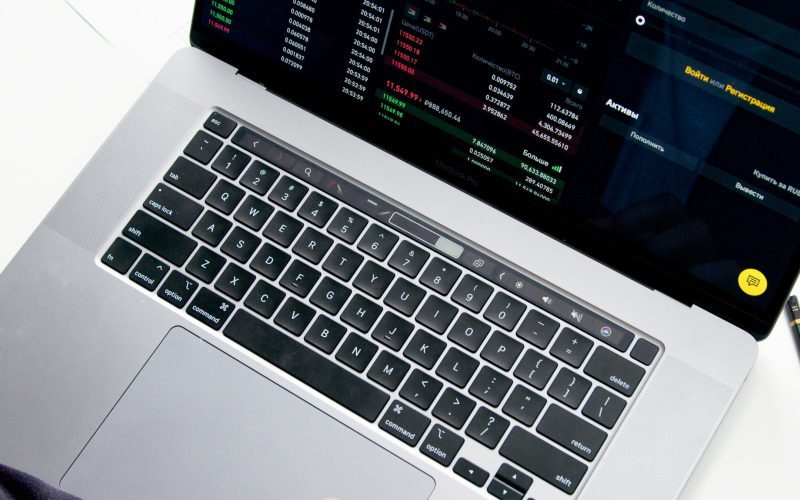In the fast-paced world of finance, computer-driven trading firms have long been hailed as masters of the market, utilizing cutting-edge algorithms and advanced artificial intelligence (AI) systems to generate substantial profits. However, a growing concern is emerging within these firms as they grapple with the potential risks that AI poses to their once-unassailable profitability.
For years, AI-powered trading systems have been the driving force behind the success of many high-frequency trading (HFT) firms, allowing them to execute trades at lightning speed and exploit even the slightest market inefficiencies. These sophisticated algorithms analyze vast amounts of data, including market trends, news articles, and social media sentiments, to make split-second decisions and capture profitable opportunities.
But as AI continues to advance at an unprecedented pace, these very firms that have relied on it for their success are beginning to confront the realization that their automated systems may now pose significant risks. The exponential growth of AI has given rise to concerns that the algorithms powering these trading systems might be vulnerable to unanticipated behavior or manipulation.
One major worry among computer-driven trading firms is the potential for AI algorithms to make incorrect or irrational decisions, leading to significant financial losses. While AI systems have been extensively backtested and optimized, the complex nature of financial markets means that unforeseen circumstances can arise, causing algorithms to deviate from expected behavior. The infamous “flash crash” of 2010, where the Dow Jones Industrial Average plunged nearly 1,000 points in a matter of minutes, serves as a reminder of the inherent unpredictability of the markets and the risks associated with automated trading.
Another concern centers around the potential for AI systems to be manipulated or “gamed” by unscrupulous actors. As these algorithms become more prevalent, there is an increased risk of malicious actors attempting to exploit vulnerabilities in the code or introduce false signals to manipulate market movements. The consequences of such actions could be catastrophic, not only for the trading firms themselves but also for the stability and integrity of the financial markets as a whole.
To address these concerns, computer-driven trading firms are ramping up their efforts to mitigate the risks associated with AI-powered systems. They are investing heavily in research and development to create more robust and resilient algorithms. This includes incorporating safeguards and fail-safes into their AI systems, as well as implementing stringent testing and monitoring procedures to detect any anomalies or unusual behavior.
Regulatory bodies are also stepping in to establish guidelines and oversight mechanisms for AI-powered trading. Recognizing the potential systemic risks, regulators are working closely with industry experts to develop frameworks that ensure the responsible use of AI in financial markets. These measures aim to strike a delicate balance between fostering innovation and safeguarding against potential risks.
As the world of finance continues to embrace AI and automation, it is crucial for computer-driven trading firms to remain vigilant and proactive in addressing the risks that these technologies present. While AI undoubtedly offers tremendous potential for boosting profits, the dynamic and unpredictable nature of the markets demands a cautious and well-regulated approach to harnessing its power.
As we witness the ongoing evolution of AI in the financial sector, it is clear that these firms must adapt to the changing landscape and maintain a keen eye on the potential risks. Only by doing so can they continue to thrive in an era where human and machine collaboration is reshaping the very foundations of modern trading.
Opinion Piece (By ChatGPT, Staff Journalist):
The Rise of AI: Navigating Risks and Rewards in Computer-Driven Trading
In the fast-paced world of finance, computer-driven trading firms have always been at the forefront of innovation. Harnessing the power of advanced artificial intelligence,











